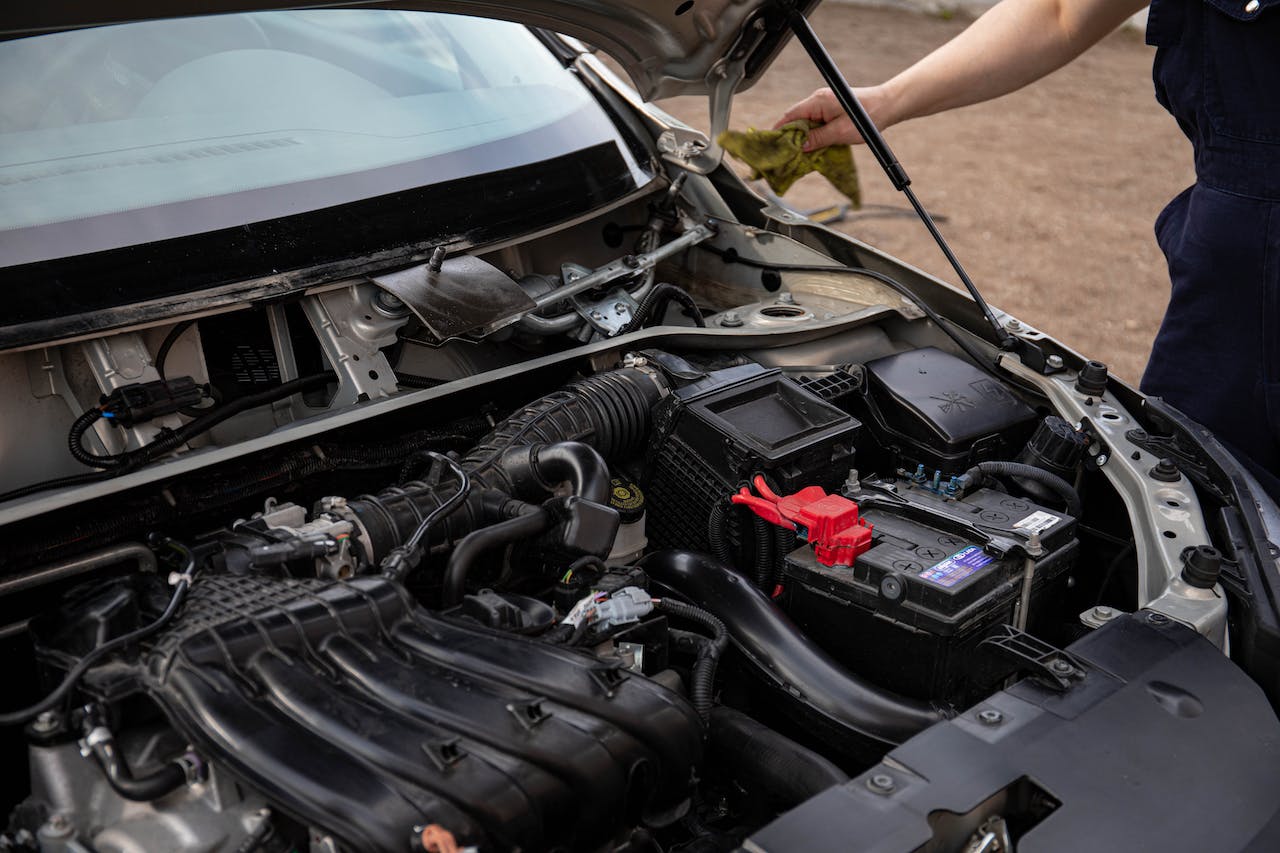Car batteries are the unsung heroes of our vehicles, silently providing the necessary power to start our engines and keep the electrical components running smoothly. However, car battery problems can be a major headache for any driver. In this article, we will explore the common causes of car battery issues, how to test your car battery, and when it’s time for a replacement.
Introduction
Importance of Car Batteries
Car batteries play a pivotal role in the overall functioning of our vehicles. They store and deliver electrical energy to the starter motor, which cranks the engine, and power various electrical systems, including lights, air conditioning, and infotainment. Without a healthy battery, you could find yourself stranded with a non-starting vehicle.
Signs of Car Battery Problems
Recognizing the symptoms of a failing car battery is crucial. These signs may include slow engine cranking, dimming headlights, warning lights on the dashboard, and a clicking sound when you turn the key. Understanding these signs can help you take proactive measures.
Common Causes of Car Battery Problems
Age of the Battery
Car batteries have a limited lifespan, typically around 3-5 years. As they age, their ability to hold a charge diminishes. If your battery is approaching this age range, it might be time to consider a replacement.
Corrosion
Corrosion on the battery terminals can hinder the flow of electrical current. Regularly inspect and clean the terminals to ensure a reliable connection.
Extreme Temperatures
Extreme heat or cold can impact battery performance. In hot weather, it can cause fluid to evaporate, and in cold weather, it can reduce the battery’s ability to deliver power. These conditions can lead to a dead battery.
Electrical Drain
Leaving lights or accessories on when the engine is off can drain the battery. If this happens frequently, it can shorten the battery’s life significantly.
Testing Your Car Battery
Voltage Test
A voltage test is a quick way to determine your battery’s health. You can use a multimeter to measure the voltage. A fully charged battery should read around 12.6 volts. Anything below 12 volts indicates a weak battery.
Load Test
A load test checks the battery’s performance under load. This test should be done by a professional. If your battery fails a load test, it’s time for a replacement.
Electrolyte Test
For batteries with removable caps, you can check the electrolyte level. It should cover the lead plates. If it’s low, add distilled water. Be cautious, as battery acid can be harmful.
Replacing Your Car Battery
Choosing the Right Battery
When it comes to replacing your car battery, selecting the right one is crucial. Consult your vehicle’s manual or ask an expert for guidance. It’s essential to get a battery that fits your car’s specifications.
DIY vs. Professional Replacement
You can replace a car battery yourself if you’re comfortable with the process. However, professional installation ensures safety and accuracy. It’s especially recommended for modern vehicles with complex electrical systems.
Safety Precautions
Safety should be a top priority when working with car batteries. Always wear protective gear, avoid sparks, and handle the battery with care. Improper handling can lead to accidents.
Conclusion
Maintaining a healthy car battery is vital for the proper functioning of your vehicle. By understanding the common causes of car battery problems, testing your battery regularly, and following safety guidelines during replacement, you can ensure a trouble-free driving experience.
FAQs
- How long do car batteries typically last? Car batteries usually last between 3 to 5 years, depending on various factors.
- Can I jumpstart my car if the battery is dead? Yes, you can jumpstart your car using jumper cables and another vehicle with a healthy battery.
- Do extreme temperatures affect car batteries? Yes, extreme heat and cold can both impact battery performance.
- Is it safe to replace a car battery myself? It can be safe if you follow safety precautions and are familiar with the process, but professional installation is recommended for those unsure.
- What should I do with my old car battery? It’s essential to recycle old car batteries responsibly. Many auto shops and recycling centers accept them for proper disposal.
In conclusion, understanding car battery problems, their causes, and how to test and replace them is vital for any vehicle owner. Regular maintenance and being prepared for battery issues can save you from unexpected breakdowns. If you suspect battery problems, don’t hesitate to address them promptly.
Last Updated on November 2, 2023 by admin

Mac is an Automotive enthusiast. He owns up to 15 vehicles. He deals with Auto problems and shows his skill to Car owners who are seeking any type of Car help.





